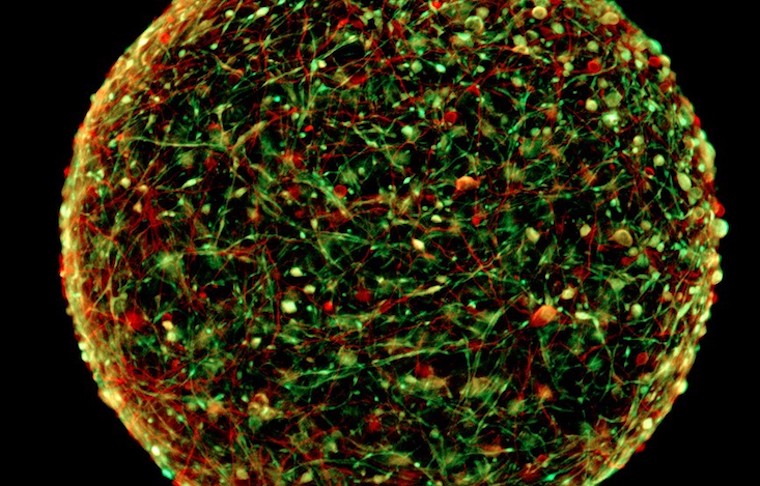It's Time to Ban the Forced Swim Test
Action Alert from All-Creatures.org
FROM CAARE Citizens for
Alternatives to Animal Research and Experimentation
March 2020
ACTION

Forced Swim Test: researchers drop mice and rats into inescapable tanks of water and watch as they struggle to stay afloat. The animals, who no doubt experience tremendous fear and distress, are said to be depressed if they “give up” and stop swimming sooner than others. This assumption is unfounded, as there are countless reasons why a mouse or rat might stop swimming.
Send a polite letter to the National Institutes of Mental Health (NIMH) to call for an end to funding studies using the Forced Swim Test: Let's end this 'culture that keeps itself alive"
It’s time to end the Forced Swim Test. Patients are crying out for help while animals are suffering and dying. We need funding to go towards human-relevant models like mini-brains.
INFORMATION
For the estimated 300 million people around the world suffering from
depression there is a need for safe, effective, therapies. Sadly, vast
resources go towards using animals to study depression, a macabre and
unscientific pursuit in the guise of medical research.
A notorious example is the Forced Swim Test, in which researchers drop mice
and rats into inescapable tanks of water and watch as they struggle to stay
afloat. The animals, who no doubt experience tremendous fear and distress,
are said to be depressed if they “give up” and stop swimming sooner than
others. This assumption is unfounded, as there are countless reasons why a
mouse or rat might stop swimming.
There are new and emerging methods for studying the causes and treatments
of depression that are far superior to flawed animal experiments. For
example, a recent study by researchers at Johns Hopkins University used
“mini-brains” to demonstrate that a common antidepressant drug may actually
damage developing neurons in the fetus.
The mini-brains are created from adult skin cells bioengineered to form
neurons. Over a few months these neurons aggregate into a brain-like
structure, or mini-brains. The researchers exposed the developing neurons to
the antidepressant paroxetine and revealed that the drug damaged the growing
brain by reducing the growth of nerve cell synapses.

Image from Johns Hopkins University
This research with mini-brains is more relevant to human health than
animal testing because it can reveal the precise physiologic mechanisms the
drug has on the brain. And it is only one example of the many ways to
understand human depression.
In contrast, subjecting tiny defenseless animals to the Forced Swim Test to
supposedly simulate human depression and then cutting up their brains to
study drug effects is cruel and antiquated science.
Shockingly, this has gone on for decades, even though many scientists and
doctors have admitted the test is without merit. One such expert, Ron de
Kloet, PhD explains why:
“People get their grants based on this test, they write papers based on the
test, they make careers. It’s a culture which keeps itself alive, even
though most of them will admit that the tests are not showing what they are
supposed to do”.
It’s time to end the Forced Swim Test. Patients are crying out for help
while animals are suffering and dying. We need funding to go towards
human-relevant models like mini-brains.

Thank you for everything you do for animals!
Return to 2020 Action Alerts
Read more at Alternatives to Animal Testing, Experimentation and Dissection
Other information you may find useful for your activism
Find
area codes
Find zip
codes
Find your United States Congressional Representative
Find
your United States Senators
Find your state legislators
Find Embassies Worldwide







